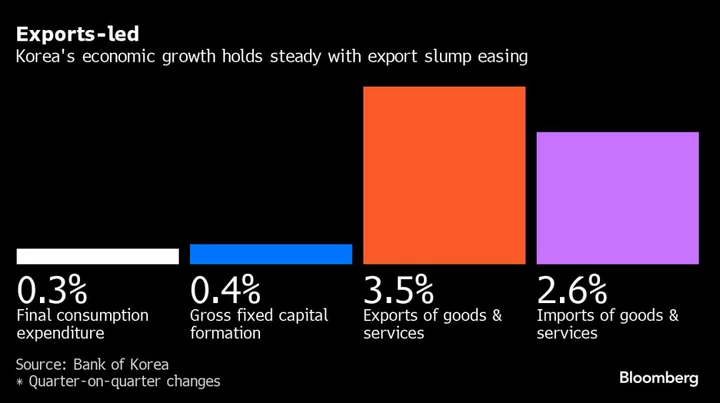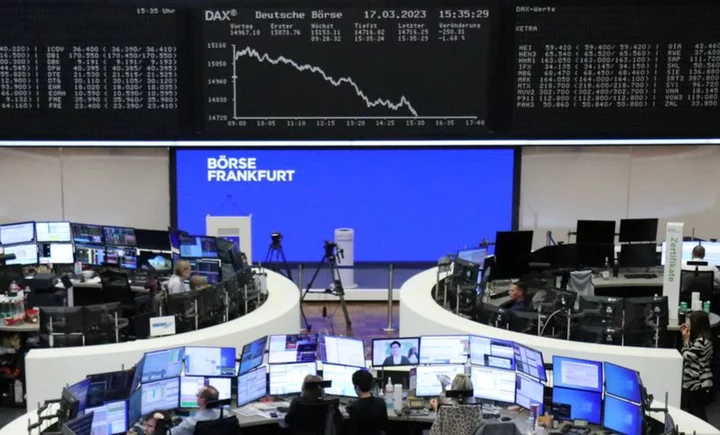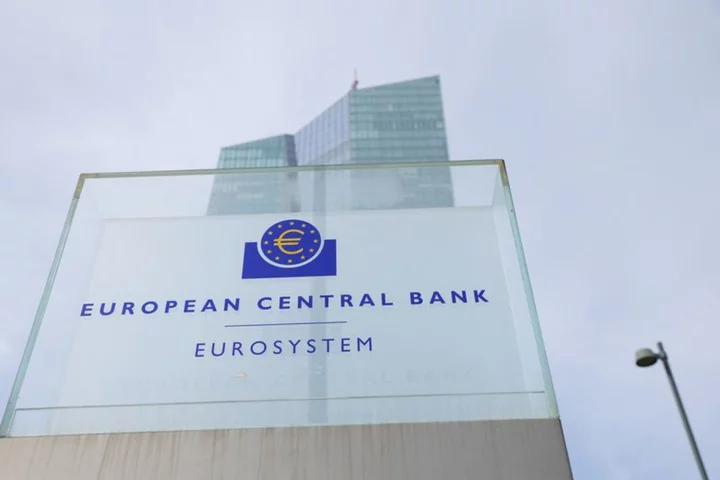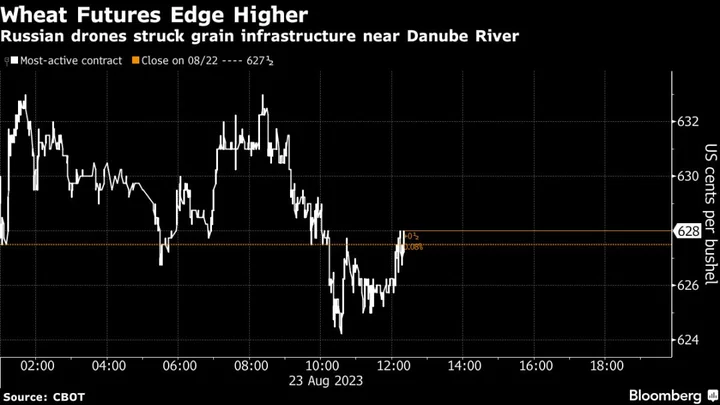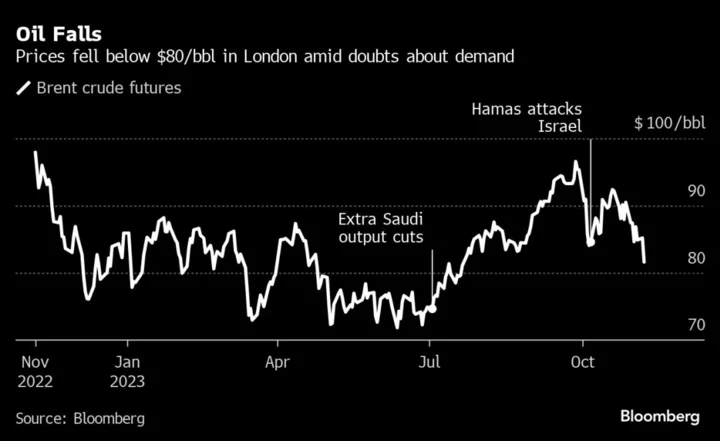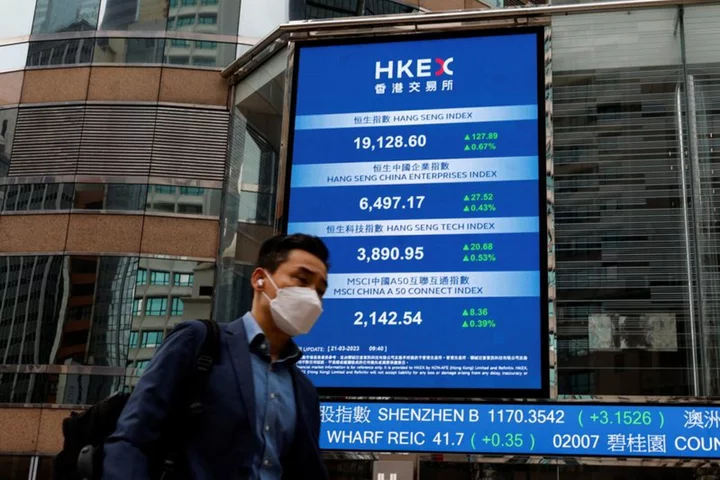South Korea’s economic growth held steady on the back of recovering exports, offering a sign of resilience as the central bank keeps monetary policy restrictive.
Gross domestic product advanced 0.6% in the three months through September from the previous quarter, Bank of Korea data showed Thursday. Economists surveyed by Bloomberg had forecast a 0.5% expansion after growth came in at 0.6% in the three months through June.
The momentum in trade may accelerate this quarter. Early exports returned to growth for the first time in more than a year in the first 20 days of October, indicating the return of external demand that may help sustain the positive impact on GDP arising from net exports. Also, semiconductor prices are starting to bottom out, kindling hopes that resurgent global technology demand will once again drive Korea’s exports.
But question marks abound. With an economy highly sensitive to changes in global energy prices and consumer demand, South Korean authorities face a myriad of risks ranging from the potential fallout of the Israel-Hamas conflict to the simmering geopolitical rivalry between the US and China.
Bank of Korea Governor Rhee Chang-yong remains confident the economy will grow around 1.4% this year as forecast, but he noted this week that the Mideast tumult may force the bank to overhaul its 2.2% growth outlook for next year.
Meantime China, a key export destination, is still working on reviving its economic recovery. Beijing is also tightening its export controls related to graphite, alarming South Korean manufacturers who rely on China as a source of the material used to make electric-vehicle batteries.
Safeguarding economic momentum is crucial for President Yoon Suk Yeol’s government ahead of parliamentary elections next April that will determine the extent of legislative support for his agenda for the remainder of his single term that began in May last year.
Yoon’s five-year tenure began with a parliament controlled by the opposition, and his party’s defeat in a by-election in a Seoul district earlier this month further weakened his position.
The BOK last week kept its key rate unchanged this month for a sixth straight meeting, seeking to balance its inflation fight with the need to safeguard economic activity.
At the board meeting, one member flagged the possibility of also lowering interest rates if required over the next three months as well as raising it. The other members excluding Rhee maintained their view that the central bank should remain open to an additional rate hike to fight price pressures if needed.
Consumer prices rose 3.7% last month from a year earlier, a quicker pace than the 3.4% recorded in August. Authorities see inflationary pressure easing from this month, with price growth slowing to the low-3% range by year-end.
From a year earlier, the economy expanded by 1.4%, the BOK said. Gross domestic income increased 2.5% from the previous quarter, it said.
Semiconductors, machinery and equipment led the increase in exports while petroleum products drove imports in the latest quarter, the BOK said. In terms of production, manufacturing increased 1.3% from the previous three months, led by computers, electronics and optical products.
Electricity, gas and water supply decreased 1.4%. Construction rose 2.4% and services expanded 0.2%.
(Adds more details from Bank of Korea report)

